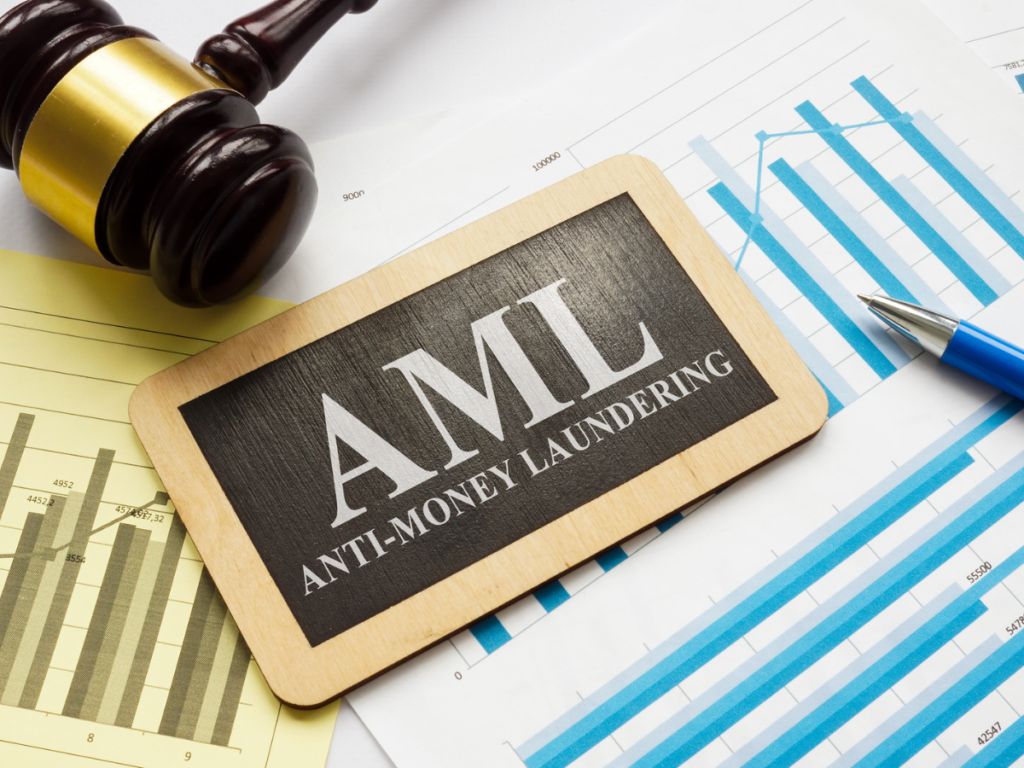An anti-money laundering (AML) breach is a risk for more than two-thirds of regulated companies in the growing financial sectors, according to a recent analysis by UK-based digital compliance solutions vendor SmartSearch.
According to corruption watchdog Transparency International UK, £6.7 billion of questionable assets have been invested in UK real estate since 2016. In 2022, an estimated £6.4 billion was laundered via bitcoin. The responsibility for ensuring compliance with the most recent anti-money laundering (AML) legislation falls on financial businesses because money laundering is still such a significant problem.
500 compliance decision-makers from banks, challenger banks, cryptocurrency platforms, real estate developers, and gambling establishments participated in a recent poll by SmartSearch, which also revealed that one in five financial institutions are “very worried” about the reliability of their compliance procedures.
With 34% saying they were “very worried” about breaking the law, casinos were found to be the most concerned about their regulatory risks. Nearly one in five (18%) cryptocurrency exchanges expressed similar concerns regarding their compliance obligations.
Do businesses handle their AML worries?
Despite significant worries about AML requirements, many businesses acknowledged that they still rely on ineffective manual processes to confirm consumers. Incorrectly believing that copies of official documents like passports or driver’s licenses gave “reassurance” that customers were real, 40% of respondents claimed they personally verify new individual and corporate clients.
SmartSearch cautioned that knowledgeable thieves may readily falsify official documents, and that by failing to verify them, businesses put themselves at greater risk of committing the very breaches they are afraid of.
“As regulators fine and publicly humiliate an increasing number of firms, the worrying weight of compliance is clearly a big concern for regulated companies, particularly those in the neo-financial sectors like cryptocurrency and challenger banking,” said Martin Cheek, managing director of SmartSearch.
What’s alarming about our survey is that it reveals that many regulated firms are worried about being exposed to an AML breach but aren’t taking any steps to reduce the risk, even though regulators are increasingly likely to enforce the laws and harshly penalize violations.
“Intentionally breaking the law is not a defense. To avoid the potentially crippling fines and significant reputational harm that come with a breach, these organizations should invest in a digital compliance solution.
The most recent study was part of SmartSearch’s ongoing Electronic Verification Uncovered campaign, which aims to educate regulated businesses about the risks of relying on unreliable, antiquated techniques for identity verification.
The 2020 Money Laundering and Terrorist Finance Act recommends that regulated businesses use digital compliance to ensure that they accurately identify and screen clients. This will stop the flow of illicit funds into the UK and shield businesses from fines and reputational harm associated with violations.












